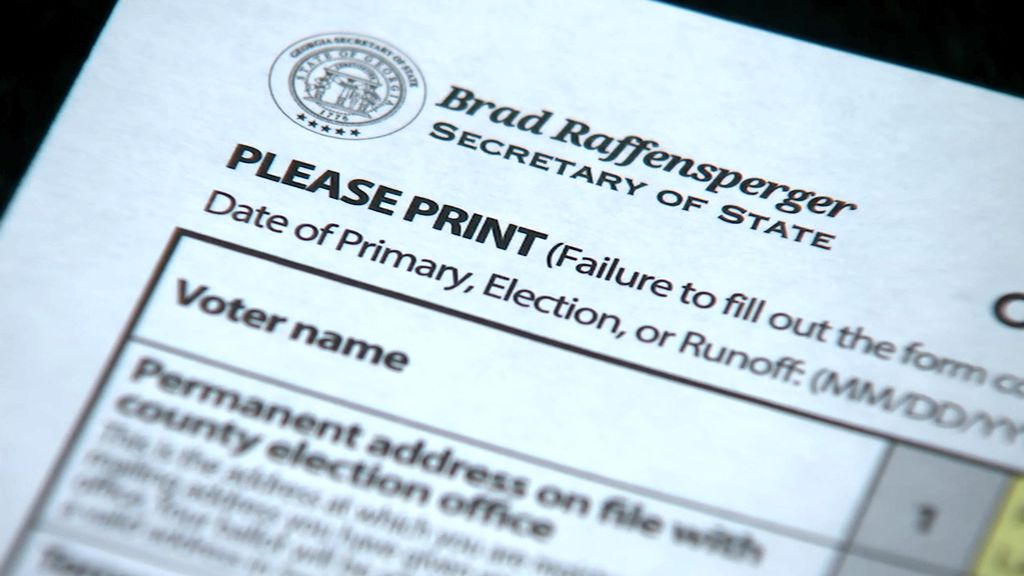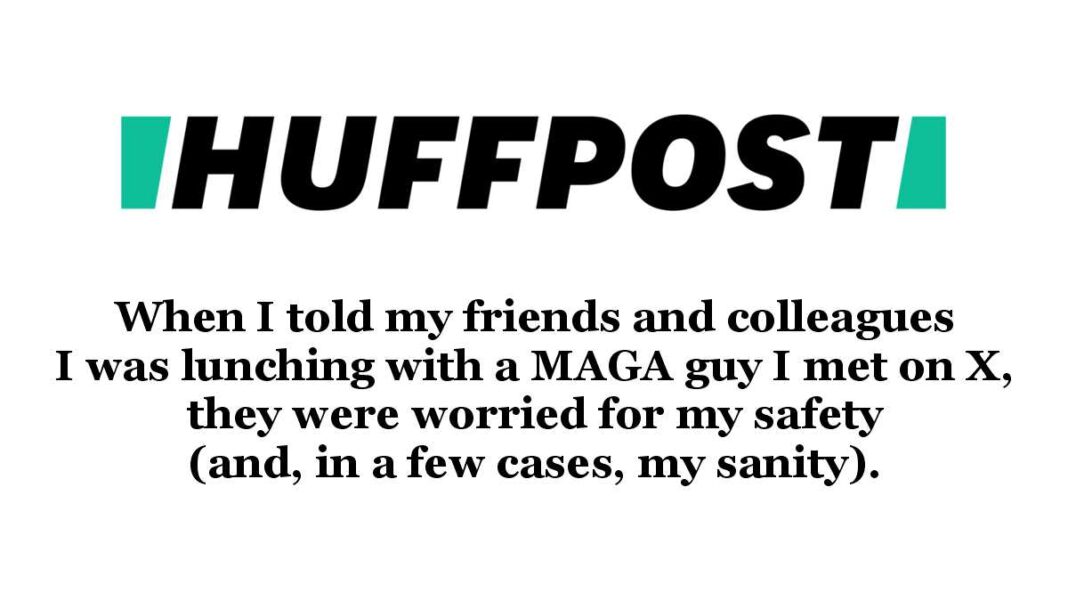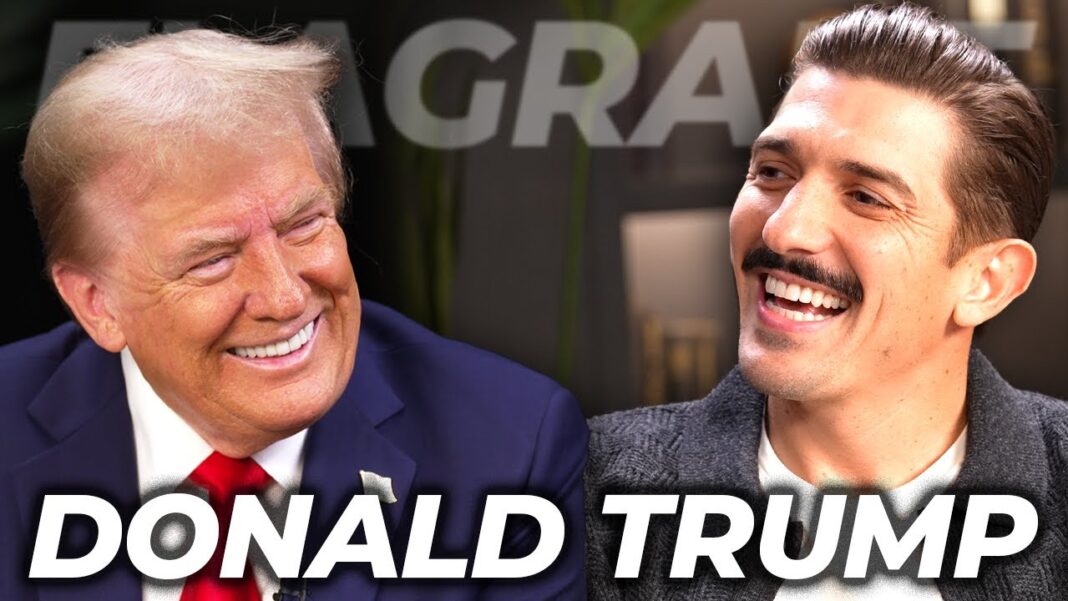A study by the Public Interest Legal Foundation found that since 2022 there have been 635 ties and 173 elections decided by a single vote across the country.
One vote can make a difference.
That was the takeaway from a nationwide survey by the Public Interest Legal Foundation (PILF) that found 29 elections ended in ties and another 18 were decided by a single vote thus far in 2024.
“If people ever think their votes don’t matter, I hope they remember these tied elections,” said PILF President J. Christian Adams in an Oct. 9 press release. “Every single vote matters.”
“Just one vote could determine who wins power. Everyone eligible should register and vote this November.”
This year, ties or single-vote victory margins occurred in 24 states, with the nation experiencing more instances than in 2023, according to the survey.
The closeness of these elections illustrates “every vote and every mistake matter,” PILF said in a statement.
Since 2022, when PILF began tracking close elections across America, it has discovered 635 tied elections and 173 that were decided by a single vote.
PILF researchers stated that those numbers do not represent all the incidents out there, and they do not include the thousands of close elections decided by two votes or more.
Lauren Bowman Bis, PILF’s director of communications, told The Epoch Times there was even more cause for concern given the possibility of noncitizens voting in American elections.
“An illegally cast vote by an alien could have determined the outcomes of these tied and close elections,” she said. “These elections are proof that every vote matters.
“We should not let illegally cast votes by aliens determine our elections.”
Examples From PILF’s 2024 Findings
This year, the primary in California’s 16th Congressional District ended in a tie, with each candidate receiving exactly 30,249 votes for the second-place position in a three-person race.
The tie was resolved by a recount which gave one of the candidates for second-place the victory by five votes.
California runs a “jungle” primary in which the top two finishers, regardless of party, advance to run against each other in the general election.
By Steven Kovac









